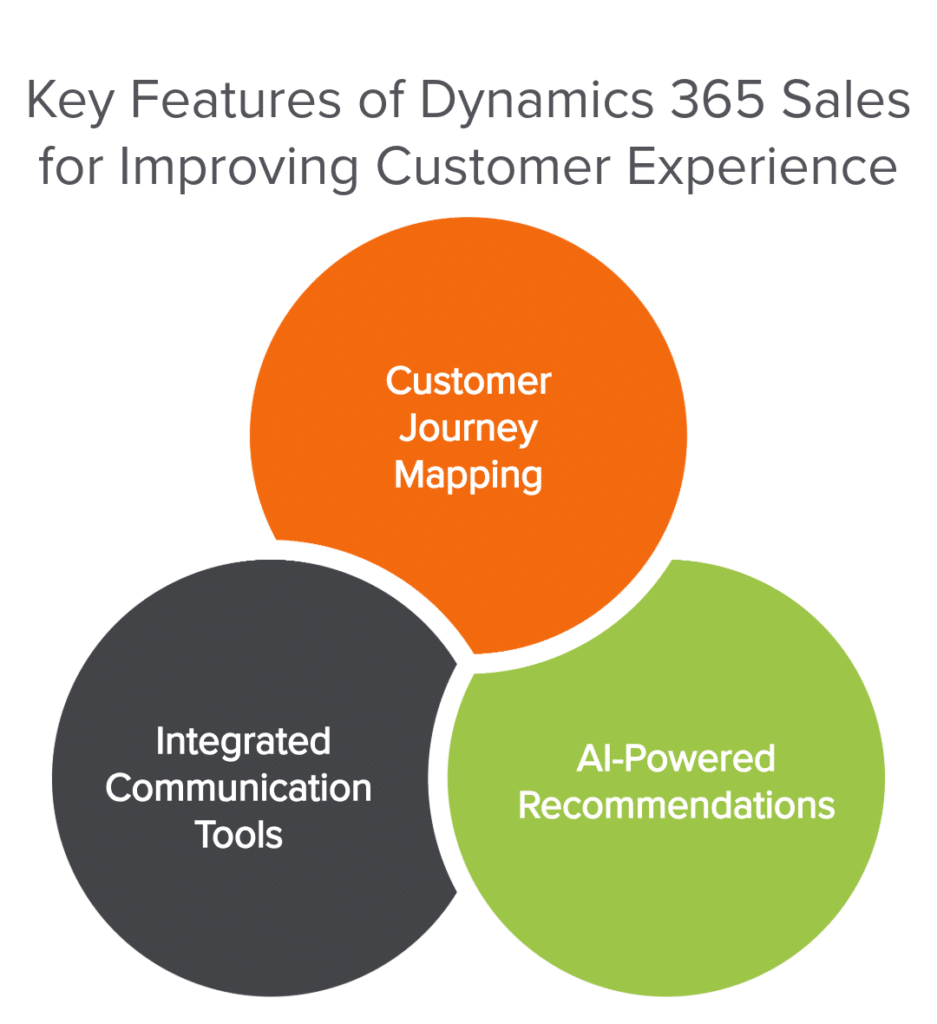How Sales Teams Can Improve the Customer Experience with These Tips & Strategies
Explore effective techniques for sales teams to enhance customer experience. Unlock the secrets to fostering loyalty and improving client satisfaction today.
Table of Content
In the sales world, we have reached a new inflection point. Customers across sectors have high expectations for personalized and seamless interactions. And at this point, it should not come as a surprise to anyone. It is just the new normal in a digitally native world.
Whether through various digital touchpoints or face-to-face interactions, customers want a more personal relationship at every stage of the buying journey. A sales team capable of delivering these customer-centric experiences will set their company far ahead of the competition.
This is not just theoretical or one industry veteran’s hunch about personalized sales experience. There’s data to back this up. In a report titled Experience-led growth: A new way to create value, McKinsey & Co found that companies identified as customer experience leaders in their industries have seen two times the revenue growth as their peers since 2016.
Retaining loyal customers is five to seven times more cost-effective than acquiring new ones. It is easy to understand why. Satisfied customers are more likely to become repeat customers and brand advocates who recommend your product to others.
So, the ROI of cultivating strong customer relationships can easily lead to long-term profitability and a sustained market advantage. In other words, improving customer experience is not just about meeting one customer’s expectations to close a single deal—it is a strategic move that can drive higher revenue and broader business success.
We have heard the same complaints repeatedly from sales teams struggling to build a better customer experience. The most common challenges include fragmented or siloed data, communication inefficiencies, and a lack of personalization in their existing processes.
When customer data is scattered across different systems or departments, gaining a complete and unified view of the customer becomes difficult. When data trapped in organizational silos, you can easily begin to see inconsistent interactions with customers. Your sales team will lack key insights into past conversations, purchase and service history, and other interactions. Without such a unified customer profile, sales teams struggle to provide the personalized service that modern customers expect.
Inefficient communication channels and delayed responses can significantly impact the quality of customer interactions. When sales teams do not have streamlined processes for engaging with customers—whether through emails, phone calls, or live chats—it leads to slow response times and missed follow-up opportunities. When compounded with incomplete, fragmented data, you will have seriously uncoordinated messaging. These inefficiencies create frustration for customers, who expect quick and accurate communication, and can result in lost opportunities as competitors offer more responsive service.
Personalizing buyer journeys requires deeply understanding each customer’s needs, preferences, and past interactions. Without the necessary insights, sales teams may resort to generic messaging and offers, which fail to resonate with customers individually. This lack of personalization diminishes the customer experience and reduces the likelihood of closing deals and building long-term relationships. Equipping sales teams with the right technology and data is key to overcoming this challenge and crafting tailored and relevant experiences.
Dynamics 365 Sales connects your sales staff and various digital and real-world touchpoints to create a unified customer experience in three important ways.
By consolidating information such as past interactions, purchase history, and preferences into one centralized platform, Dynamics 365 Sales eliminates data silos and ensures that every team member has access to the same, up-to-date information. This unified data allows sales teams and anyone in your business to engage with customers more effectively.
Dynamics 365 Sales continuously tracks customer interactions, offering sales teams immediate access to actionable data, such as engagement history and buying patterns. These insights enable sales teams to engage with customers at the right time and with the right message, ensuring that each interaction is timely and relevant.
Dynamics 365 Sales also helps by automating routine tasks such as follow-ups, lead assignments, and data entry. This frees up sales teams to focus on what matters most—building and nurturing customer relationships. Automation ensures no customer falls through the cracks while allowing sales reps more time to engage in meaningful interactions.

D365 Sales offers sales teams some powerful tools, but these stand out for their ability to help staff easily build effective customer experiences.
Dynamics 365 Sales offers robust customer journey mapping tools that enable sales teams to visualize and understand the entire customer journey, from initial contact to post-purchase interactions. By tracking each customer’s unique path, sales teams can anticipate customer needs and preferences at various stages. This foresight allows for more proactive and personalized engagement, ensuring that sales reps are prepared to offer relevant solutions at the right moments.
One of Dynamics 365 Sales’ most powerful features is Copilot’s AI-powered recommendations. Microsoft Copilot for Sales analyzes customer data, suggests personalized solutions, and offers tailored to each customer. By leveraging AI, sales teams can provide recommendations that resonate with customers’ needs, creating a more tailored and satisfying experience.
Whether through Outlook, phone calls, or Teams chat, D365 Sales centralizes all communication channels in one place, making it easier for sales reps to stay organized and ensure prompt responses. This integration eliminates delays and ensures that customers receive timely, consistent communication, improving the overall efficiency and responsiveness of the sales process.

Dynamics 365 Sales offers businesses an exciting opportunity to streamline operations, improve customer relationship management, and enhance decision-making with real-time data. With cost savings, faster implementation, and improved sales processes, this integration is a powerful way to improve customer experiences and build longer-lasting, meaningful relationships.
Try a demo of Dynamics 365 Sales today. Let us unlock the full potential of your business together!
Talk to us about how Velosio can help you realize business value faster with end-to-end solutions and cloud services.
"*" indicates required fields